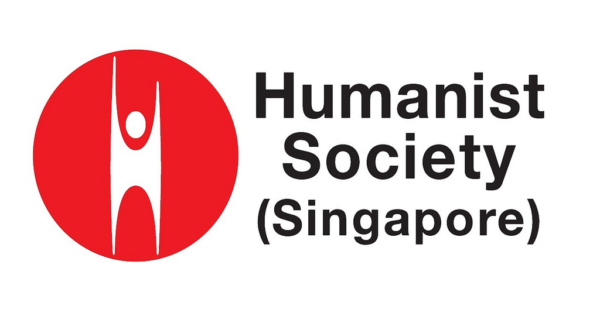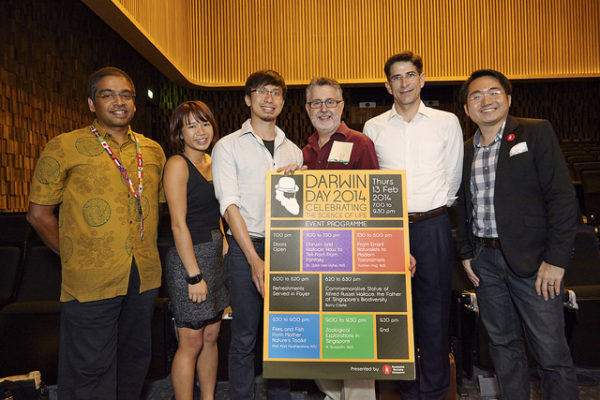Young Humanists SG held a second meeting at Humanist Cafe on November 10, 2016, building on discussions conducted at our first meeting. About 8-10 students and alumni were present at the meeting. Key points:
The last time an attempt was made to form a freethinkers club (proposed name was ‘National University of Singapore Society for the Advancement of Knowledge, Reason and Science’), students faced two questions from the school authorities which went along the lines of:
- If you’re not religious, why do you need to have an interest group?
- How would this group value-add to the school?
The first question can be answered by the Humanist Society easily. An interest group for the non-religious provides community support, acts as a vehicle to do good, and speaks up on their behalf on the media / interfaith gatherings.
On how a humanist CCA can add value to the school, students and alumni at the 2nd meeting came up with further suggestions. The two strongest ideas were 1) Taking over the organising of Humanist Society’s Darwin Day talks and 2) providing peer-to-peer pastoral care to students in universities.
1) Taking over the organising of Darwin Day
It was observed that some CCAs, such as NUS Students Political Association for example, had just one major event to anchor the CCA’s activities over a semester. This major event would be a prestigious talk involving important public speakers, such as the annual Ministeral Forums held at NTU/NUS where a Minister would be invited. The prestige behind this event would also incentivize students to join the CCA for at least 1-2 years, as part of efforts to build up their CV and connections.
Humanist Society’s Darwin Day talks would be a suitable ‘anchor activity’. Darwin Day celebrates the birthday of famed naturalist Charles Darwin in February and has been held around the world, including four times in the form of public talks in Singapore from 2011 to 2014. The last Darwin Day in 2014 was held in NUS itself (below).
Secondly, the Humanist Society has been focusing its energy on World Humanist Day in June and as a result, Darwin Day activities has been scaled down over the past 2 years. The mantle of holding Darwin Day can be passed on to students on campus. Darwin Day student organisers can leverage on the Humanist Society’s increasing abilities to attract good speakers, including prominent figures flown in from other countries. In fact, the Humanist Society has hosted foreign humanists such as philosopher A.C Graying and filmmaker Chris Johnson in recent years.
2) Pastoral Care
Campus life can be very stressful and students will occassionally need to turn to someone for emotional and psychological support. Although there are professional counselling services provided by the school, peer counselling groups can be useful as a first-line of defense.
These support groups can provide quick relief to needy students and, if necessary, escalate a case to the higher authorities. Some students could also feel a sense of embarassment when visiting counsellors due to societal stigma over depression and mental illness. Peer support groups can help to dispel such stigmas and encourage students in need to seek professional help.
Religious students on campus are able to seek solace in religious CCAs on campus. Currently, there are Buddhist, Muslim and Christian CCAs in many schools around Singapore. These CCAs provide cell groups, religious study sessions and spiritual counselling. There are few secular alternatives for non-religious students. Both the Humanist Society and the humanist CCA in schools can work towards providing pastoral care in a few years time. Humanists can learn from existing support groups such as Audible Hearts and Seven Cups of Tea.
3) Other activities
Other possible activities brought at the meeting include ‘socials’ which has been held every week at humanist / atheist groups overseas, such as the group at University College London. Humanist / atheist students can also hold interfaith dialogues with religious CCAs. The Humanist Society itself has participated in many interfaith dialogues, and extending dialogues between the non-religious and religious into campus is definitely possible. Just as the Humanist Society had written to the press on various issues, a humanist CCA can write to student newspapers and media as well.






